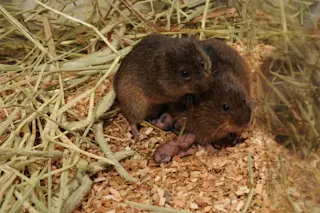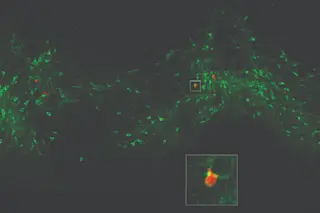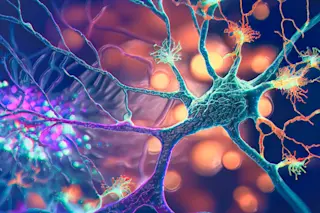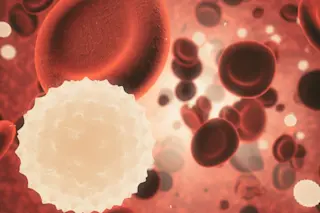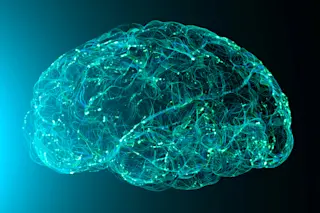Male and female prairie voles develop strong partner preference after mating and stay together for life. Photo: Zuoxin Wang Is it a coincidence that the word vole is an anagram of love? Probably so, but since prairie voles mate for life, they have since been designated as the unofficial species used to study monogamy in lab animals. And a new study finds that their rare partnerships are cemented by chemical changes on their genes, called epigenetic changes, that result from their sexual encounters. When a prairie vole (Microtus ochrogaster) finds a mate, the two form a strong bond. Not only do they stay together for life and share child care duties, but the lovers will guard their mates aggressively against voles of the opposite sex. Scientists knew from previous studies that this bonding was regulated by neurotransmitters---chemical communicators in the brain such as oxytocin, which is linked to sex and ...
Having Sex Physically Changes Voles' Brains
Discover how prairie voles mate for life, forming strong bonds influenced by epigenetic changes in voles' DNA.
More on Discover
Stay Curious
SubscribeTo The Magazine
Save up to 40% off the cover price when you subscribe to Discover magazine.
Subscribe

